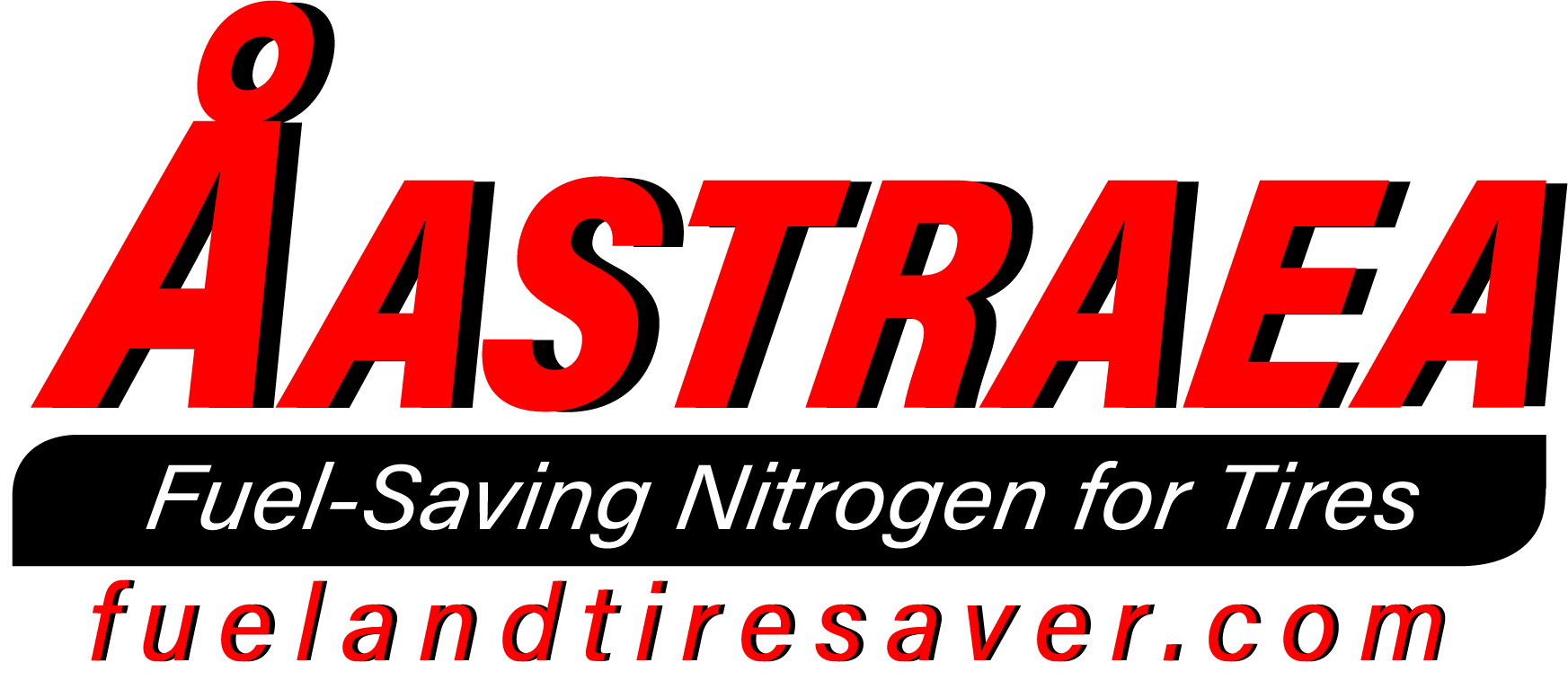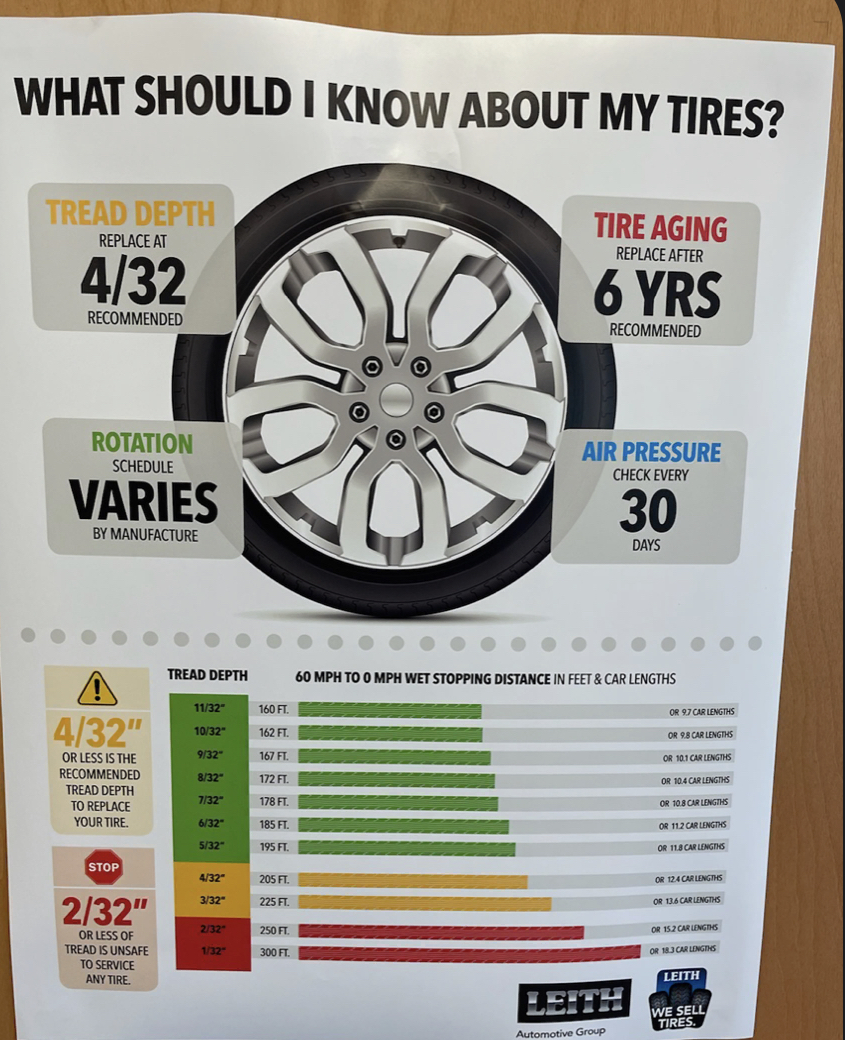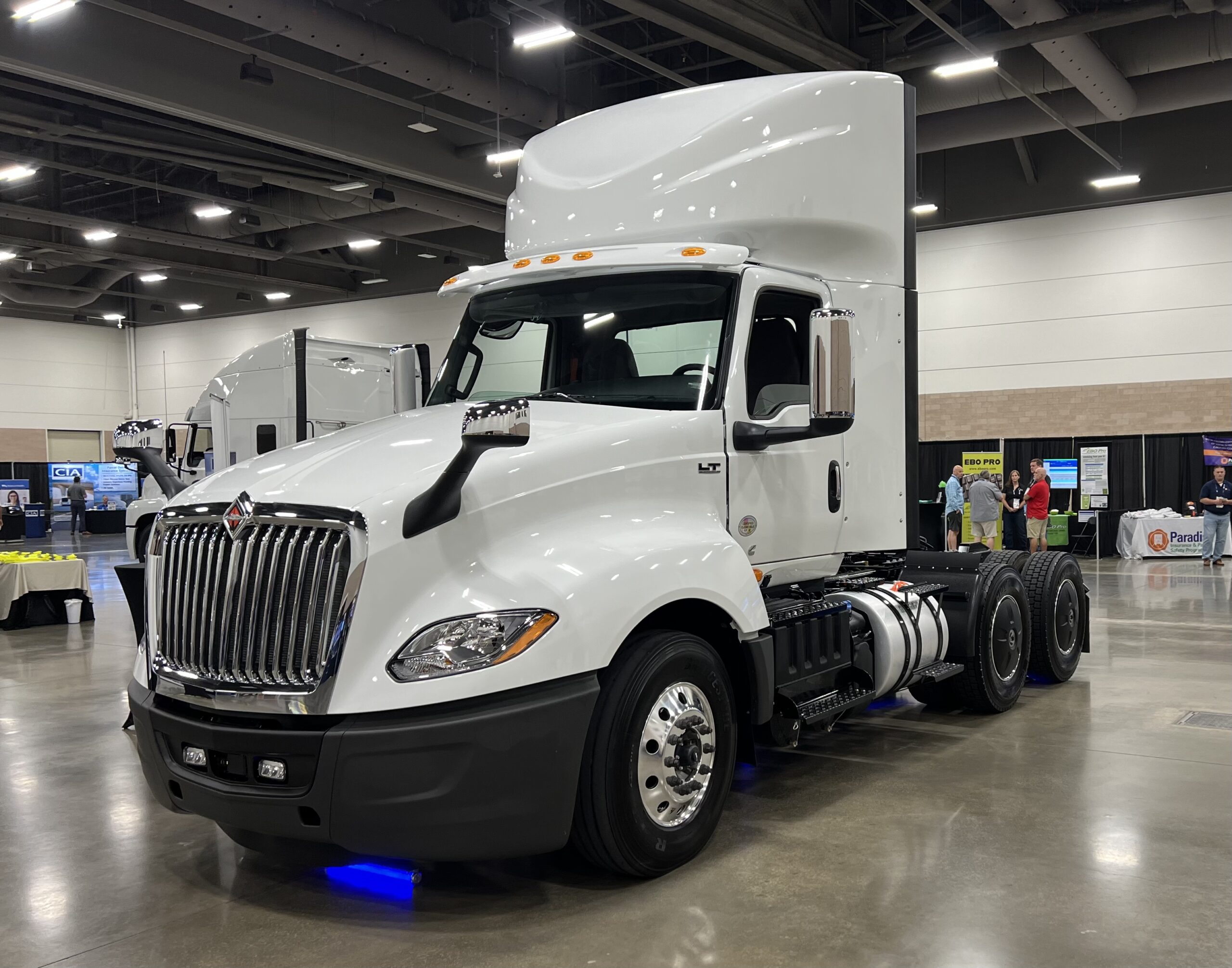When it comes to optimizing the performance and lifespan of your truck fleet’s tires, Aåstraea Nitrogen stands out as a revolutionary solution. Not only does this advanced nitrogen inflation minimize moisture inside tires, but it also significantly reduces the risk of internal corrosion. This combination of benefits results in enhanced safety, extended tire life, and a positive environmental impact.
One of the most compelling reasons to switch to nitrogen inflation is its remarkable ability to maintain stable tire pressure. Unlike regular air, which contains oxygen and water vapor, nitrogen is a dry gas. This means it doesn’t introduce moisture into the tire, which can otherwise lead to oxidation and corrosion of the tire’s inner components. Over time, moisture can weaken the internal structure of the tire, making it more susceptible to failure.
Moreover, nitrogen molecules are larger and less permeable than oxygen molecules. This results in a slower rate of pressure loss, ensuring your tires remain properly inflated for longer periods. Properly inflated tires not only enhance fuel efficiency but also improve handling and safety on the road.
For fleet managers, the transition to nitrogen inflation can lead to substantial cost savings. By extending tire life and reducing the frequency of replacements, you’ll see a direct impact on your maintenance budget. Additionally, improved fuel efficiency contributes to lower operational costs and a reduced carbon footprint.
If you’re interested in exploring how Aåstraea Nitrogen can benefit your fleet, Request Fleet Pricing, complete our website form, or contact our office at (703) 429-0382 or email Mike.LoPresti@fuelandtiresaver.com.
Table of Contents
ToggleHow Moisture Affects Tire Longevity
Understanding the impact of moisture on tire longevity is crucial for any fleet manager aiming to maximize their investment in tires. Moisture inside tires can have several detrimental effects that compromise both the performance and lifespan of your tires.
Firstly, moisture can lead to internal corrosion. When water vapor is present inside the tire, it can combine with oxygen to produce rust on the steel belts and other internal components of the tire. Over time, this corrosion can weaken the structural integrity of the tire, increasing the likelihood of a blowout or other types of failure.
Secondly, moisture can also exacerbate the issue of tire pressure loss. Water vapor expands and contracts with temperature changes more dramatically than dry nitrogen. This can lead to inconsistent tire pressure, which not only affects fuel efficiency but also causes uneven tire wear. Inconsistent tire pressure can also negatively impact vehicle handling and safety, especially under varying road conditions.
Moreover, the presence of moisture can accelerate the degradation of the rubber components within the tire. The rubber can become more brittle and less flexible, making it more prone to cracking and other forms of damage. This degradation not only shortens the tire’s lifespan but also compromises its ability to provide a smooth and safe ride.
By minimizing moisture inside tires, you can significantly extend their longevity and enhance their performance. This is where the use of Aåstraea Nitrogen becomes invaluable. Unlike regular air, nitrogen is a dry gas that helps keep the internal environment of the tire free from moisture, thereby reducing the risk of corrosion and other moisture-related issues.
The Science Behind Nitrogen Inflation

Nitrogen inflation for tires is not just a trend but is backed by solid scientific principles that make it an excellent choice for maintaining tire health and performance. When you inflate your tires with nitrogen, you are essentially opting for a more stable and efficient gas compared to regular air.
Regular air is composed of approximately 78% nitrogen, 21% oxygen, and 1% other gases, including water vapor. This composition means that a significant portion of the air inside a tire is susceptible to temperature fluctuations, which can lead to varying tire pressure. Oxygen molecules are also smaller than nitrogen molecules, making them more likely to permeate through the tire walls over time, leading to gradual pressure loss.
On the other hand, nitrogen molecules are larger and less likely to escape through the tire wall. This results in more stable tire pressure over time, reducing the need for frequent adjustments. Furthermore, nitrogen is a dry gas, which means it contains no water vapor. This is crucial because water vapor can expand and contract significantly with temperature changes, leading to inconsistent tire pressure.
Additionally, the absence of moisture within the tire helps to prevent internal corrosion. Oxygen and water vapor can react with the metal components inside the tire, leading to rust and other forms of degradation. By using nitrogen, you mitigate this risk, thereby extending the lifespan of your tires.
Finally, nitrogen inflation can also contribute to better fuel efficiency. Stable tire pressure ensures that the tires maintain optimal contact with the road, reducing rolling resistance. This not only saves fuel but also enhances vehicle handling and safety.
Overall, the science behind nitrogen inflation clearly demonstrates its benefits in improving tire longevity, performance, and safety, making it a wise investment for any fleet manager.
Reducing Corrosion with Nitrogen

One of the most compelling benefits of using nitrogen to inflate tires is its ability to significantly reduce corrosion. The presence of moisture inside a tire can lead to a host of issues, primarily rust and other forms of oxidation. Over time, this can degrade the tire and its components, compromising safety and performance.
Traditional air inflation contains oxygen and water vapor, both of which contribute to corrosion. Oxygen is a reactive gas that can oxidize metal parts within the tire, including the steel belts and rims. This oxidation process, commonly known as rust, weakens the structural integrity of the tire. Additionally, the water vapor present in regular air can further accelerate this oxidation, making the problem worse.
By contrast, nitrogen is an inert gas, meaning it doesn’t react easily with other substances. When you inflate your tires with nitrogen, you are essentially eliminating the oxygen and moisture that contribute to corrosion. This leads to a more stable internal environment for the tire, which can significantly extend its lifespan.
Moreover, the absence of moisture inside the tire means that there is less risk of internal rusting, preserving the durability of the tire’s metal components. This is particularly important for commercial truck fleets, where the cost of tire replacement and maintenance can be substantial.
In addition to reducing the risk of corrosion, nitrogen inflation also offers the benefit of more stable tire pressure. This consistent pressure further helps in maintaining the tire’s structural integrity, ensuring that it performs optimally over a longer period.
In summary, reducing corrosion with nitrogen inflation not only enhances the longevity of your tires but also contributes to safer and more efficient vehicle operation. This makes it an invaluable practice for fleet managers looking to maximize their investment in tire maintenance.
Environmental and Safety Advantages

Using nitrogen to inflate truck tires offers significant environmental and safety advantages, making it a smart choice for fleet managers committed to sustainability and safety. One of the most prominent environmental benefits is the reduction in fuel consumption. Properly inflated tires, maintained with nitrogen, lead to less rolling resistance. This means trucks require less energy to move, which translates to lower fuel consumption and reduced greenhouse gas emissions.
In addition to fuel savings, nitrogen inflation contributes to longer tire life. Regular air contains oxygen, which causes oxidation and speeds up tire wear. Nitrogen, being an inert gas, prevents this oxidation, thereby extending the life of the tires. Fewer tire replacements mean less rubber waste in landfills, contributing to a more sustainable environment.
Safety is another critical aspect where nitrogen inflation shines. Properly inflated tires are essential for optimal handling and braking. Nitrogen maintains tire pressure more consistently than regular air, reducing the risk of under-inflation. Under-inflated tires can lead to blowouts, a leading cause of accidents in commercial trucking. By using nitrogen, fleet managers can ensure that their trucks are safer on the road, protecting drivers and other road users.
Additionally, nitrogen inflation helps in maintaining consistent tire pressure across varying temperatures. Traditional air expands and contracts with temperature changes, leading to fluctuations in tire pressure. Nitrogen, however, remains stable, providing a consistent and reliable level of inflation. This stability is crucial for heavy-duty trucks that travel long distances and encounter diverse weather conditions.
In conclusion, the environmental and safety advantages of nitrogen inflation are manifold. From reducing fuel consumption and lowering emissions to extending tire life and enhancing road safety, nitrogen proves to be a valuable asset for any trucking fleet. Embracing this technology is not just about improving operational efficiency but also about making a positive impact on the environment and ensuring the safety of everyone on the road.
Why Choose Aåstraea Nitrogen for Tires

When it comes to tire inflation solutions, choosing Aåstraea Nitrogen offers unparalleled advantages. Our nitrogen inflation service is designed specifically to meet the needs of truck fleets, providing a comprehensive solution that enhances performance, safety, and sustainability. What sets Aåstraea Nitrogen apart is our commitment to delivering a high-quality, mobile onsite service across Virginia, Maryland, Pennsylvania, North Carolina, Tennessee, and Georgia.
One of the key reasons to opt for Aåstraea Nitrogen is its ability to minimize moisture inside tires, thereby reducing the risk of corrosion. Unlike regular air, which contains moisture that can lead to rust on the internal components of the tire and wheel, our nitrogen is dry and significantly lowers the moisture content. This not only extends the tire’s lifespan but also enhances the structural integrity of the entire wheel assembly.
Additionally, Aåstraea Nitrogen offers consistent tire pressure maintenance. Nitrogen molecules are larger and less likely to seep through tire rubber compared to oxygen. This means that tires filled with nitrogen maintain their pressure for a longer period, leading to improved fuel efficiency and safer driving conditions. Regular tire pressure checks and refills become less frequent, saving both time and money for fleet operations.
Our mobile service brings the convenience of nitrogen inflation directly to your location. This eliminates the need for transporting trucks to a service center, reducing downtime and keeping your fleet on the road. Our skilled technicians conduct thorough inspections and ensure that each tire is inflated to the optimal pressure, maximizing performance and safety.
Moreover, using Aåstraea Nitrogen is an environmentally responsible choice. By improving fuel efficiency and extending tire life, our service helps reduce the carbon footprint of your fleet. This aligns with modern sustainability goals and demonstrates your commitment to environmentally-friendly practices.
Don’t wait to experience the benefits of nitrogen inflation for your fleet. Request Fleet Pricing by completing our website form. You can also contact our office at (703) 429-0382 or email Mike.LoPresti@fuelandtiresaver.com. Make the smart choice today and see how Aåstraea Nitrogen can transform your fleet’s performance and reliability.


